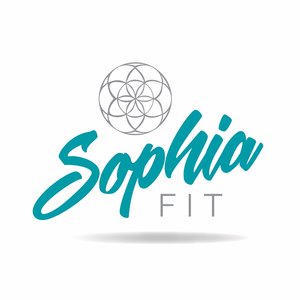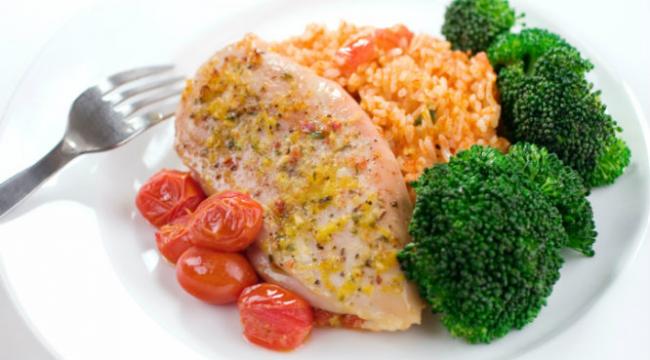Resistant starch is not digested in the small intestine and instead proceeds to the largeintestine where it assists the production of good bacteria and improves bowel health! Foods rich in this type include bananas, potatoes and cashews.
Fiber is hugely important for gut health and the absorption of nutrients, therefore aiding digestion as it bulks up food in the digestive tract which makes your feel fuller for longer!
The minimum fibre intake should be no less that 20g for females and 25g for males but no more the 40g for females and 50-60g for males. But with most things too much of anything can be bad for you! If you fibre intake is too high is can reflect badly on you gut health and nutrient absorption. You need to focus on finding that SWEET SPOT!
Here are my TOP TIPS FIBRE TIPS!
1. Eat Breakfast. Breakfast is a great place to start adding fibre.
2. Add seeds. All kinds of seeds are high in fibre so aim to add 2 tablespoons of seeds into your diet each day!
3. Eat more beans!! Lentils and beans are very high in fibre, especially soluble fibre. Try to have beans at least 3 or 4 times a week.
4. Add Vegetables. As a good rule of thumb, salad or vegetables should make up 1/3 of your lunch and 1/3 of your dinner. Short on time? Frozen veggies are just as good!
5. Eat Fruit. A piece of fruits will give you over 2g of fiber!! So aim to have 2-3 pieces of fruit everyday! Try slicing banana for brekky, adding apple to your salad and enjoying an orange a snack.
6. Snack on nuts and dried fruit. Snacks like mixed nuts and raisins are high in fiber and make a great alternative to crisp and sugary snacks! All you need is a handful to help boost your intake
7. Drink water.
** Remember it is normal to feel some bloating and to pass a little more wind when you first start to add in more fibre. This will settle down in a week or two.








